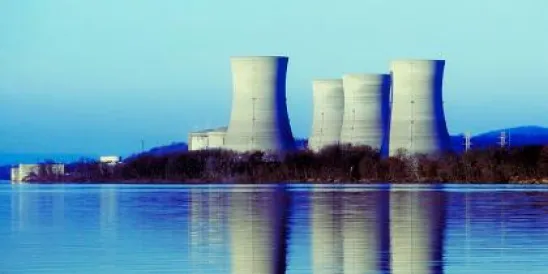In November 2017, DEP announced stringent standards for the treatment of certain Per- and Polyfluoroalkyl Substances (PFAS), making New Jersey the first state to set formal Maximum Contaminant Levels (MCLs) requiring statewide testing of public drinking water systems for perfluorooctoanic acid (PFOA) and perfluorononanoic acid (PFNA). Historically, PFAS were used in a wide variety of industrial and commercial processes and products, including, but not limited to, electroplating and metal finishing (i.e., chromium plating), vapor/mist suppression, stain repellants, electronics, aerospace, automotive, insecticide/herbicides, adhesives/varnish/paints, as well as coatings for textiles such as fabric, rug, and paper. PFASs are often found in the soil and groundwater at former manufacturing facilities, as well as sites where fire-fighting foams were used or tested. New Jersey drinking water suppliers will now be required to test for PFOA and PFNA and take action to avoid or address exceedances of those MCLs.
Donna A. McBarron and Melissa A. Clarke also contributed to this post.









 />i
/>i

